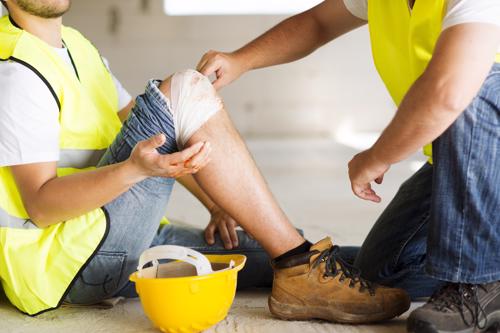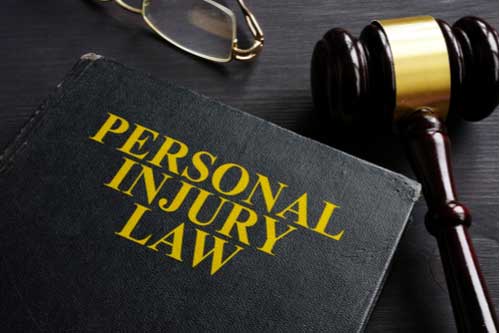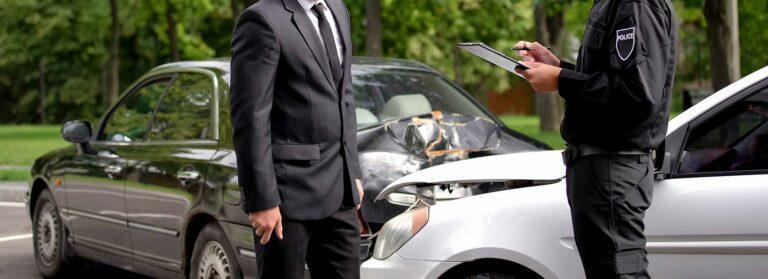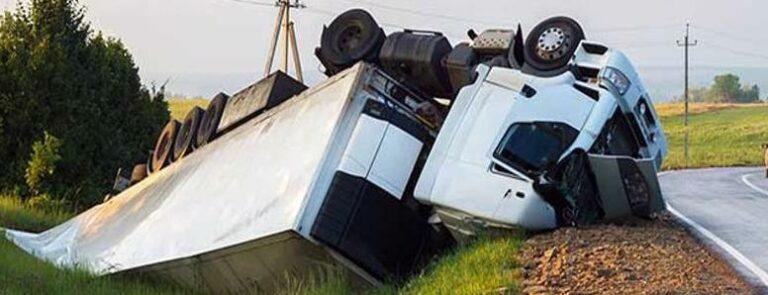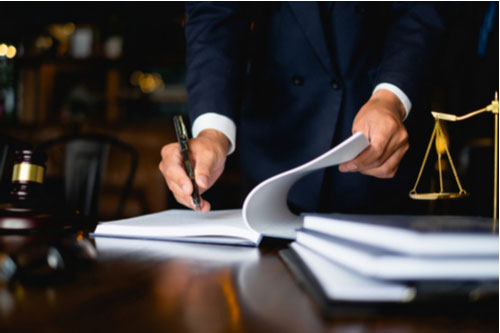- douglasville ga lawyer, Douglasville personal injury attorney, georgia personal injury attorney, personal injury attorney
We live in an age of technology where social media is a big part of most peoples’ lives. In fact, there are research estimates indicating that more than 75% of adults have social media account. There’s a good chance that you yourself have got a Facebook, Instagram, or Twitter account of your own. So, what does this have to do with your Georgia personal injury claim?
Unfortunately, there are far too many victims of personal injuries in Georgia and throughout the US who don’t know the answer to that question, and are risking everything by not being aware of the impact of social media on a personal injury claim. Over time, the courts have come to acknowledge the value of evidence procured from social media profiles on the bearing of a personal injury claim. This is because, like everyone else, you are probably using your social media accounts to express how you feel, to share photos with friends and family, to update people about the important events in your life, and much more.
While you might not see the connection between your personal use of social media, the defense in your personal injury claim might be using it to disprove your assertions concerning your injury, your pain and suffering, your psychological trauma, and more. Anything that you post publicly on social media accounts can be used against you in court to negatively impact your claim for damages in a personal injury case.
An Example of How Social Media Can Harm Your Georgia Personal Injury Claim
An example of how social media can harm your Georgia personal injury claim can be seen in the case of our fictional victim, Sue. Sue experienced a personal injury which required her to take time off of work, caused her significant psychological trauma, and left her with ongoing pain and disability. Yet, during the course of her pursuit of damages for this injury, she also spent some time with her kids at the park. She posted photos of herself smiling, holding her child, and playing with the family dog. The defense found these photos and decided to use them as evidence against Sue’s personal injury claim.
The defense argues that the smiling victim, holding her child and playing with the family pet, does not appear to be very physically limited and doesn’t seem to be suffering from a great deal of psychological trauma. Perhaps Sue also posted status updates about waking up with panic attacks, about the pain that she experienced whenever she lifted her child, and about how rare these moments of happiness at the park are these days; but the defense didn’t collect those status updates because they do not help to prove their claim that Sue is really quite well. Sue finds it very difficult to argue with the apparent evidence that she is living a happy and full life without physical or psychological limitations. A picture, after all, speaks a thousand words.
Tips to Avoid Damaging Your Georgia Personal Injury Claim with Social Media Use
Because it has become so common for evidence procured from social media profiles to be used by the defense in personal injury claims, we at The Law Office of John B. Jackson have decided to provide some social media tips to anyone who has been injured due to someone else’s negligence and is pursuing a personal injury claim in Georgia.
- Avoid Posting Anything About Your Case – You would be wise to avoid posting anything on social media about your case, including any conversations with your attorney, any information about your medical condition or treatment, any feelings that you have about the case itself, or anything about others involved in your claim.
- Avoid Posting Photos of Your Life – While you might continue to post your favorite memes (unrelated to your case and your personal life) and your children’s school photos, etc., you should not post photos that reflect how you are living your life. Even taking a photo of a few friends during a night out could let the defense know that you are enjoying a night out, even if you aren’t in the photos, and even if you haven’t done anything to negate your medical restrictions.
- Avoid “Checking In” – Social media sites like Facebook allow users to “check in” at restaurants, events, parties, and more. Doing this can also give the defense room to argue that you have not lost your enjoyment of life and you are still living well.
- Avoid Adding New Friends – Don’t accept any new friend requests from people that you do not know or people that you do not know very well. These could be agents or associates of the insurance company or the defendant who are seeking to gain access to your private photos and posts.
- Consider Going Offline for a While – It certainly doesn’t hurt anything to take a break from social media altogether to avoid any chance of accidentally harming your claim. You could take a break from posting or take a break from logging in at all. It is well worth considering to protect your rights and your claim.
Follow these tips to avoid the increasingly common mistakes that victims of personal injuries are making with their social media accounts. If you’re looking for a great place to start, call the determined Georgia personal injury attorneys at The Law Office of John B. Jackson for your first free consultation.

